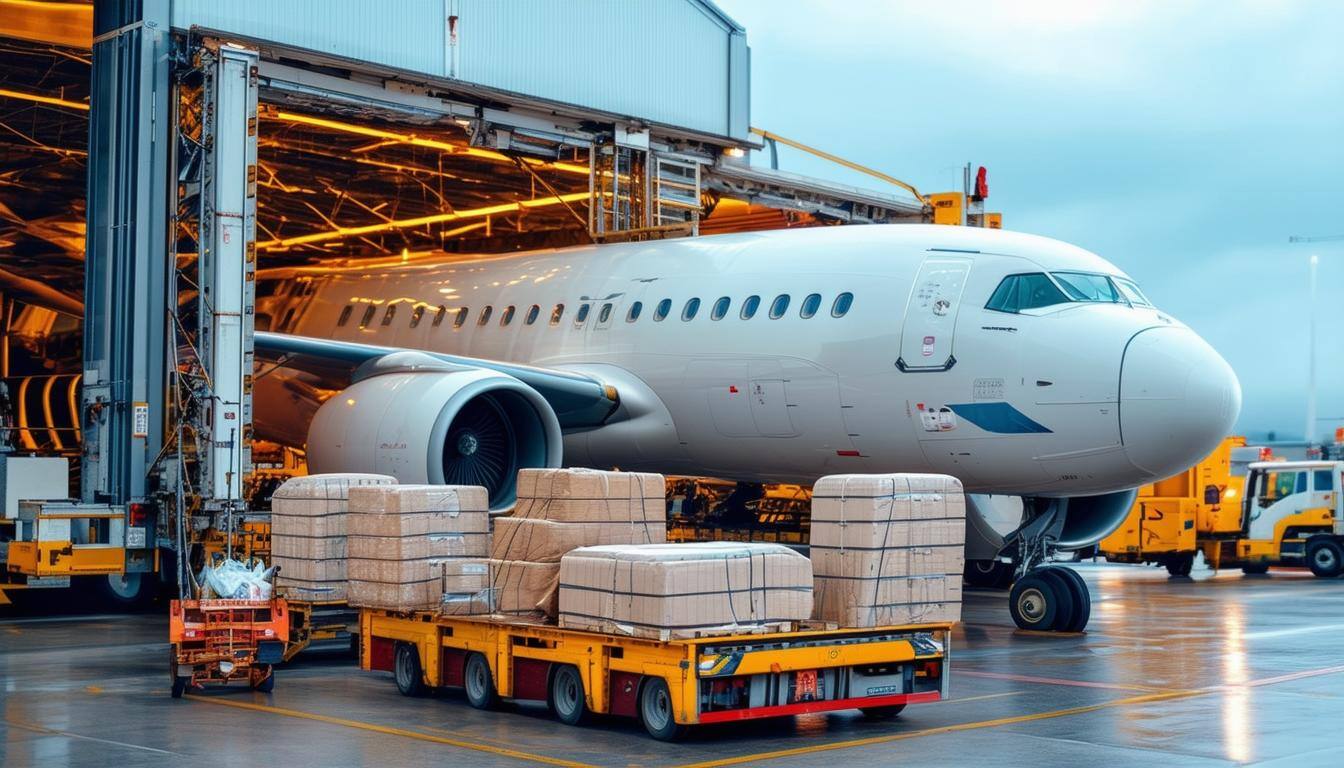The Value of AI in Cargo Compliance and Safety.
The Value of AI in Enhancing Cargo Compliance and Safety for Airlines
In the fast-paced world of global logistics, air cargo compliance and safety are critical. Airlines must ensure that the goods they transport, as well as the parties involved in the transaction, meet ever-evolving regulatory requirements. Traditional compliance systems, while reliable, are becoming increasingly strained by the complexity of modern trade and the rapid pace of regulatory change. Enter Artificial Intelligence (AI), a transformative tool that is reshaping how airlines manage compliance and safety. By utilizing AI, airlines can better detect restricted goods, verify entities against sanctions lists, and identify unusual shipments—all while improving efficiency and reducing risks.
Here are several use cases where AI can be leveraged to enhance cargo compliance and safety:
- Detecting Dangerous and Strategic Goods
- Verifying Organizations and Individuals Against Sanction Lists
- Spotting Unusual Shipments Based on Shipper/Consignee Profiles
- Detecting Anomalies in Historical and Geographical Data
Detecting Dangerous and Strategic Goods
One of the biggest challenges in cargo compliance is detecting dangerous, military, or dual-use goods. Current cargo vetting processes rely heavily on manual checks and static lists, which are prone to human error, spelling variations, and outdated regulations. Using AI models makes it possible to address these limitations by offering real-time monitoring and adaptive systems that can identify risks - even if the commodity descriptions are slightly off or incomplete.
For example, AI can flag seemingly harmless commodities like “hammer, magazine” as a set of firearm components, while recognizing that a “glue gun” is just a tool. This level of nuanced understanding goes beyond simple keyword matching, which traditional systems struggle to achieve. Additionally, by implementing relevant models, AI assimilates regulatory information seamlessly, updating automatically to reflect the latest compliance requirements. This ensures quicker adaptation to new rules and more accurate detection of restricted or undesirable goods. With the growing volumes of e-commerce, the ability to timely assess risks of large volumes of cargo has become crucial for compliance and safety of the business.
Verifying Organizations and Individuals Against Sanction Lists
Cargo carriers also need to ensure that goods are not being shipped to or from entities (individuals or organizations) present on international sanctions lists. These lists are continuously updated, making manual verification difficult and error-prone. Traditional systems often generate false positives, flagging legitimate entities due to similarities in names or incomplete information.
AI steps in by improving the accuracy of sanctions matching. With its ability to analyze context, AI can differentiate between companies and individuals, significantly reducing the number of false positives. This minimizes unnecessary delays and allows forwarders, airlines, and ground handlers to focus their compliance efforts on real risks rather than spending time clearing legitimate entities mistakenly flagged as undesirable.
Spotting Unusual Shipments Based on Shipper/Consignee Profiles
AI can also improve safety by analyzing the expected shipment contents based on the profiles of the involved parties. For instance, if a shipment is declared as “bottles” but both the shipper and consignee operate in industries dealing with flammable substances, AI would flag this as a potential dangerous goods concern.
By identifying these discrepancies, AI helps prevent the transport of non-compliant or hazardous cargo, reducing both legal and safety risks. This is especially valuable for carriers that face significant challenges with hidden or misdeclared dangerous and strategic goods.
Detecting Anomalies in Historical and Geographical Data
AI’s ability to detect anomalies in shipping patterns is another critical tool for ensuring cargo safety. By analyzing historical and geographical data, AI can create a baseline of what is considered “normal” for certain goods and routes. When a shipment deviates from this norm, the AI system can raise an alert for further review.
For instance, if a shipment of strategic goods, usually destined for a specific region, suddenly takes an unusual route to a high-risk area, AI can flag this as suspicious. Similarly, if a shipment that typically originates from a particular country suddenly comes from elsewhere, the AI system can identify this geographical anomaly and suggest further investigation. This level of scrutiny is especially important for dual-use and military goods, which require careful monitoring to prevent misdeed.
Conclusion
AI is transforming cargo compliance and safety by providing smarter, more dynamic solutions to the complex challenges carriers, forwarders, and handlers are facing. From detecting sensitive goods and exposing sanctioned entities, to identifying abnormal shipping patterns, AI can offer airlines a comprehensive toolkit. With its ability to integrate regulatory updates in real-time, reduce false positives, and identify risks early in the cargo journey, AI enables airlines to manage compliance more effectively while enhancing safety. As global trade continues to grow and regulations increase, AI will become an indispensable part of air cargo operations, ensuring a smoother and safer future for the industry.
Share this
You May Also Like
These Related Stories

